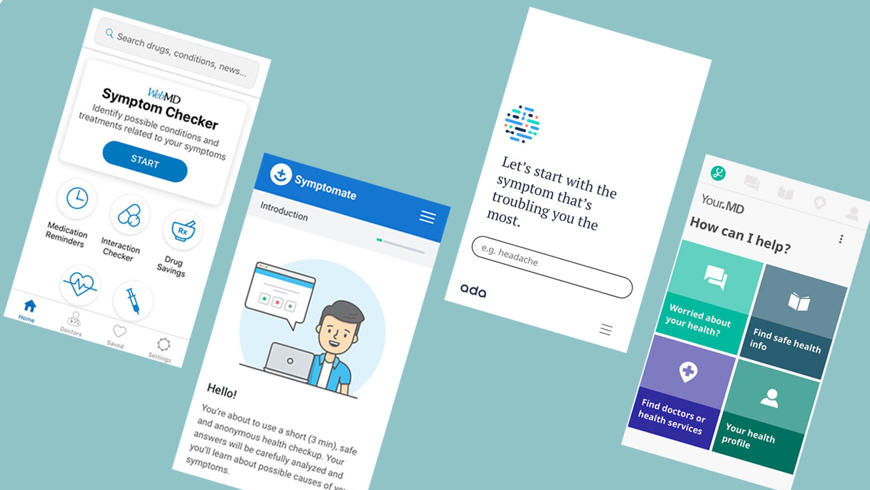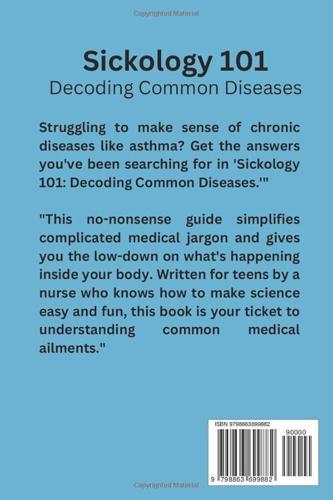The Symptom Checker: Navigating Your Health Challenges
Understanding Symptoms to Make Informed Health Decisions

Frequently Asked Questions
While online symptom checkers can provide useful information, they should not be solely relied upon for diagnosis. Consulting a healthcare professional is important for an accurate diagnosis and treatment plan.
If your symptoms worsen, seek medical attention immediately. It's important to communicate all your symptoms to a caring medical professional so they can provide the best care possible.
Step by Step Guide
1
Identify Your Symptoms
Begin by observing and recording any signs or symptoms you are experiencing. Pay attention to duration, severity, and frequency.
2
Understand Common Symptoms
Familiarize yourself with common symptoms and their meanings. For instance, fever could indicate an infection, while a headache might stem from stress or dehydration.
3
Use Online Symptom Checkers
Access reputable online symptom checkers to input your symptoms. These tools can provide potential causes and advice on next steps.
4
Consult Reliable Health Resources
Refer to trusted medical websites like Mayo Clinic or WebMD for insights on your symptoms. Always cross-reference information.
5
Consider Your Medical History
Reflect on your past health experiences as certain symptoms might be linked to pre-existing conditions. Note any chronic illnesses, medications, or allergies.
6
Seek Professional Help
If symptoms persist or worsen, it's essential to consult a healthcare professional. Prepare a list of symptoms, duration, and any other relevant information.
7
Follow Recommendations
Follow the advice given by your healthcare provider, which may include tests, treatment, or referrals to specialists.
8
Monitor Symptoms
Track the symptoms over time, noting any changes or improvements. This information is valuable for follow-up consultations.
9
Stay Educated
Continuously educate yourself about health matters. Understanding your body empowers you to make better health decisions.
10
Practice Preventative Health
Focus on preventative measures such as a balanced diet, regular exercise, and routine check-ups to maintain overall health and reduce the likelihood of health challenges.








